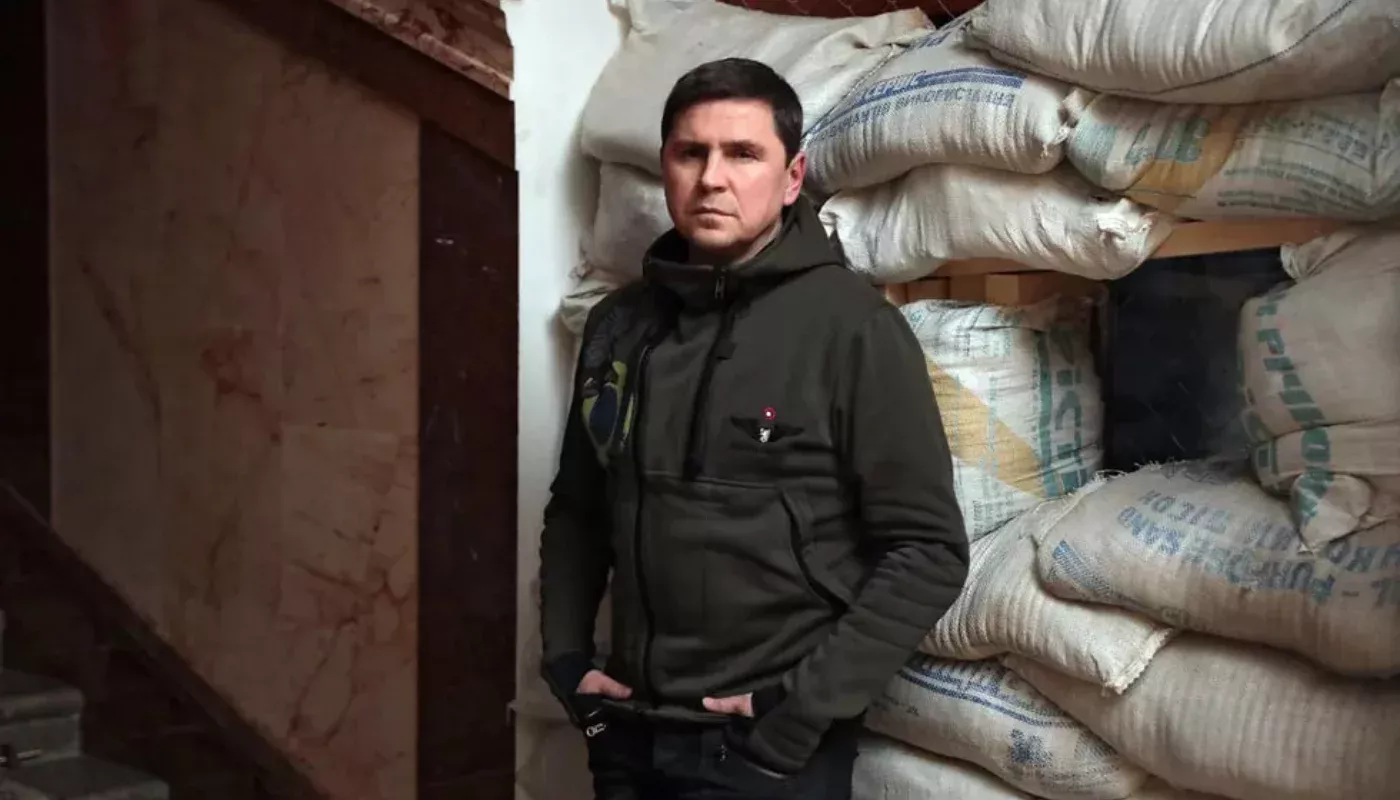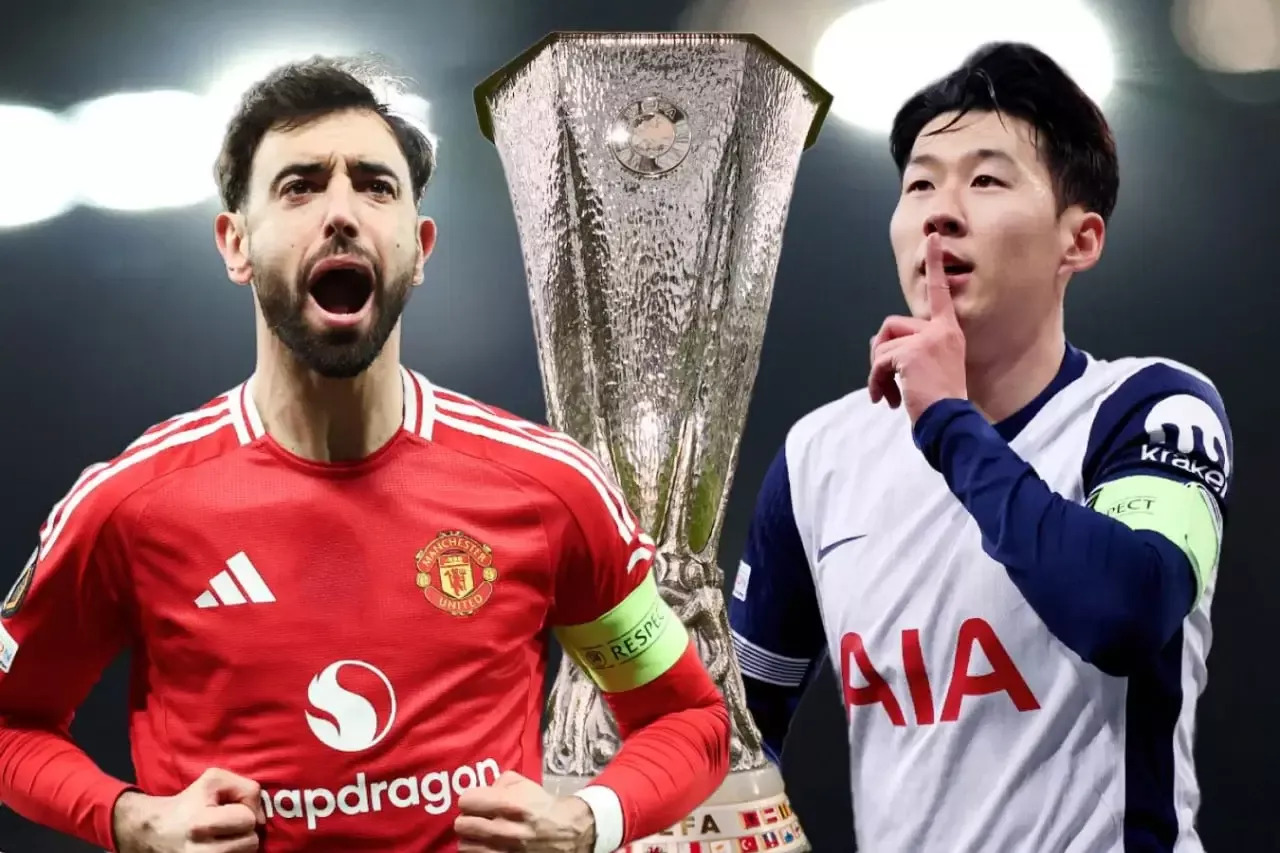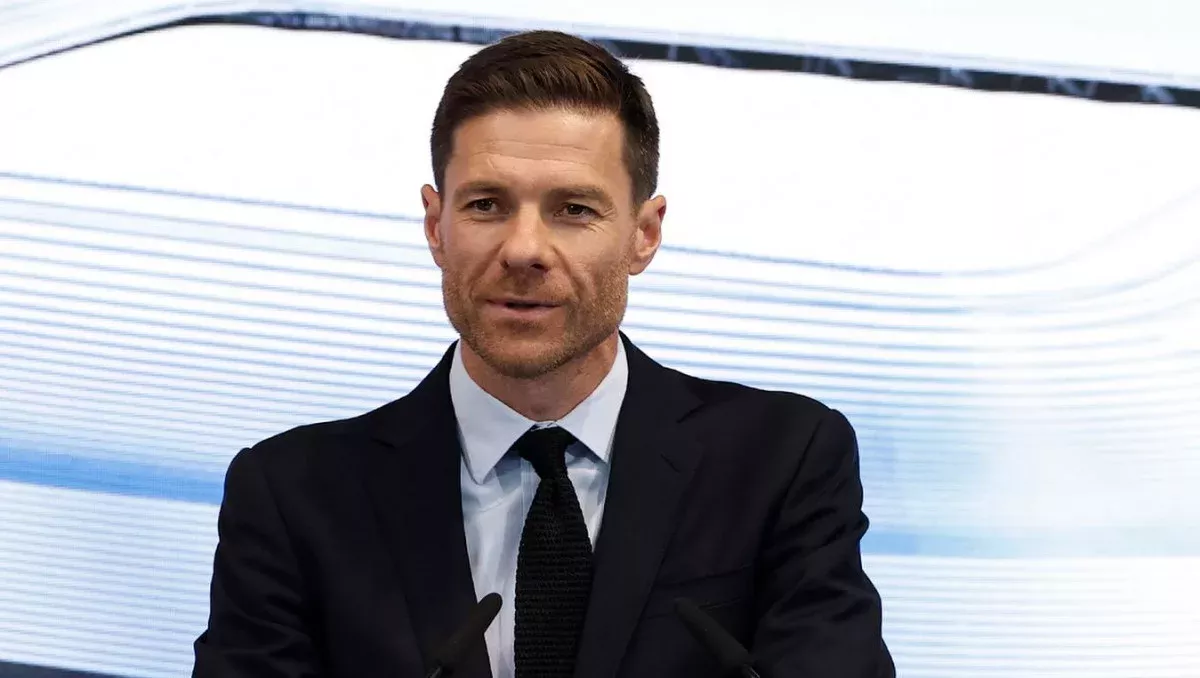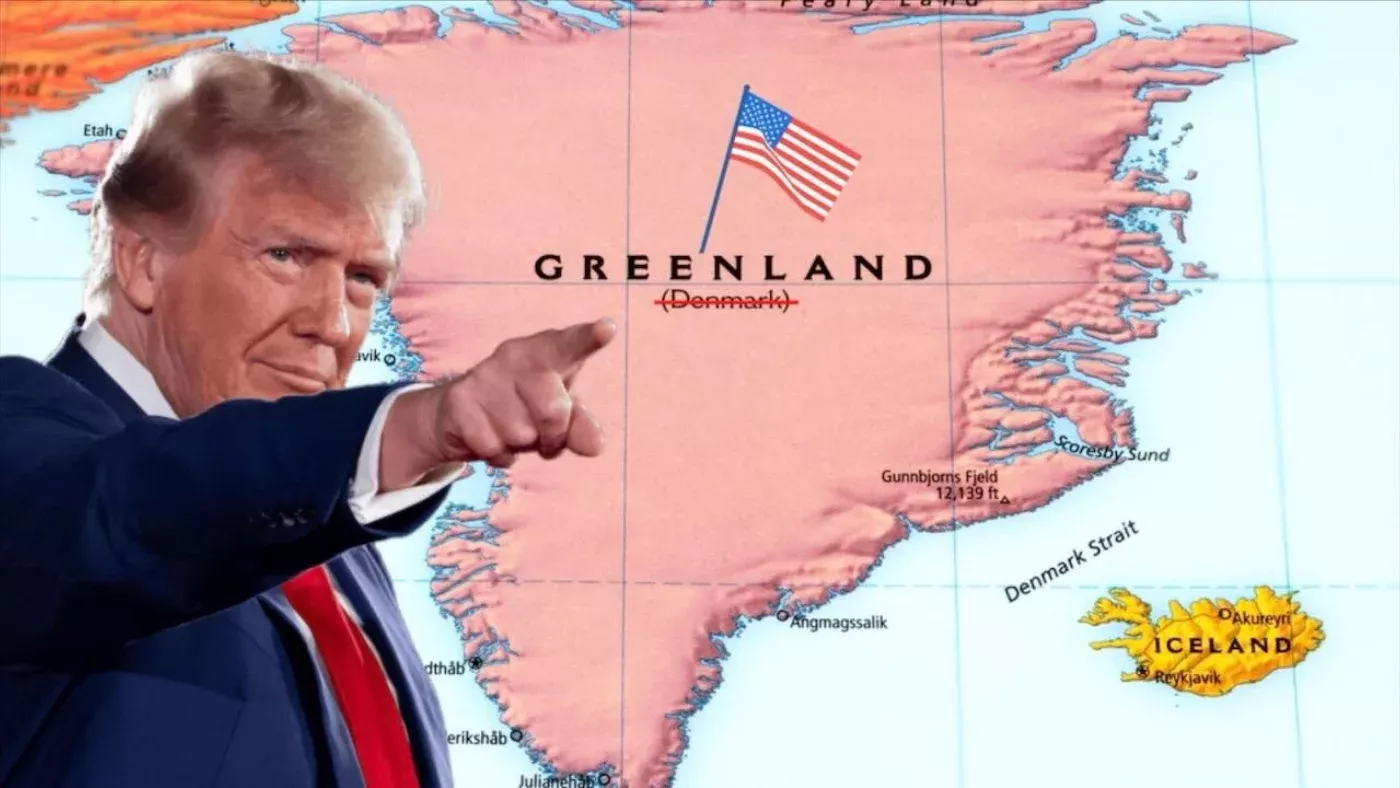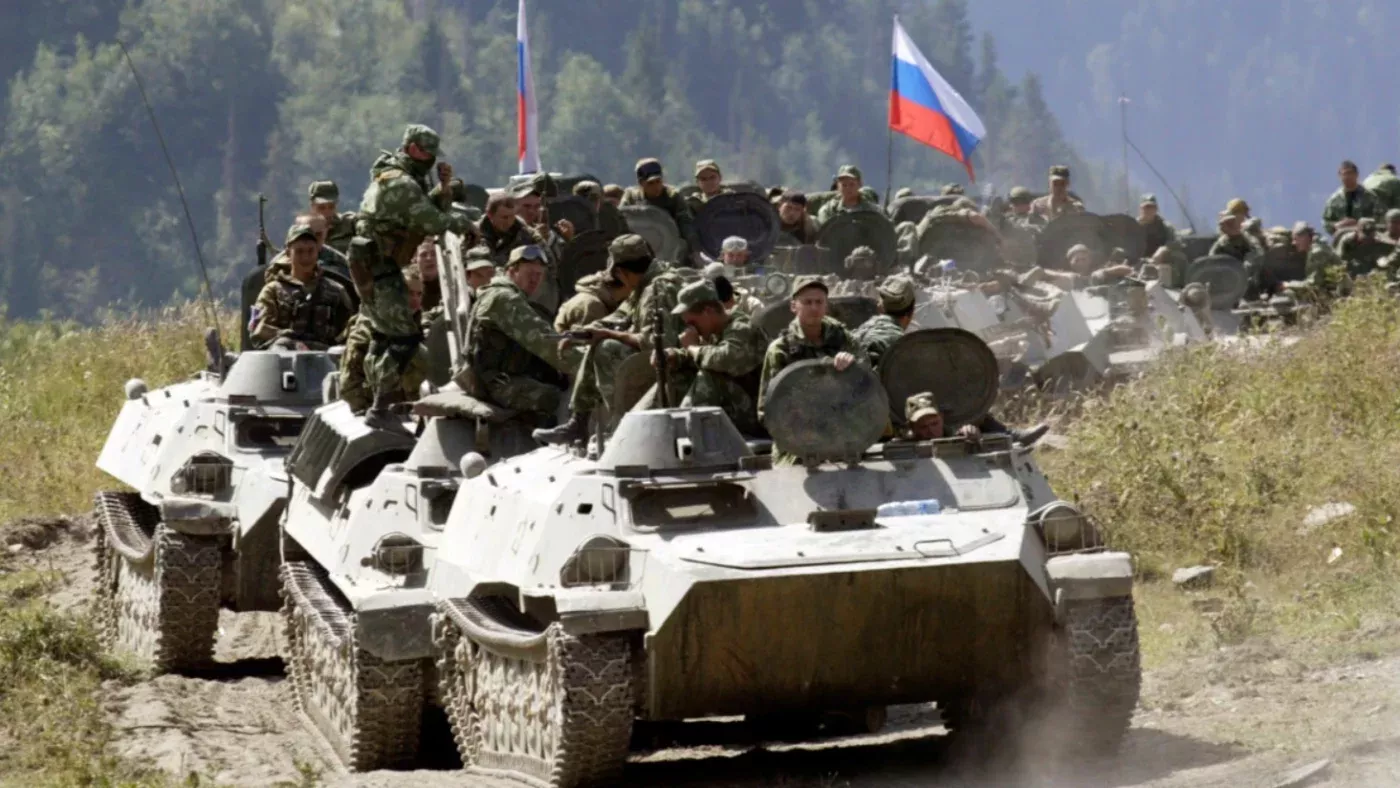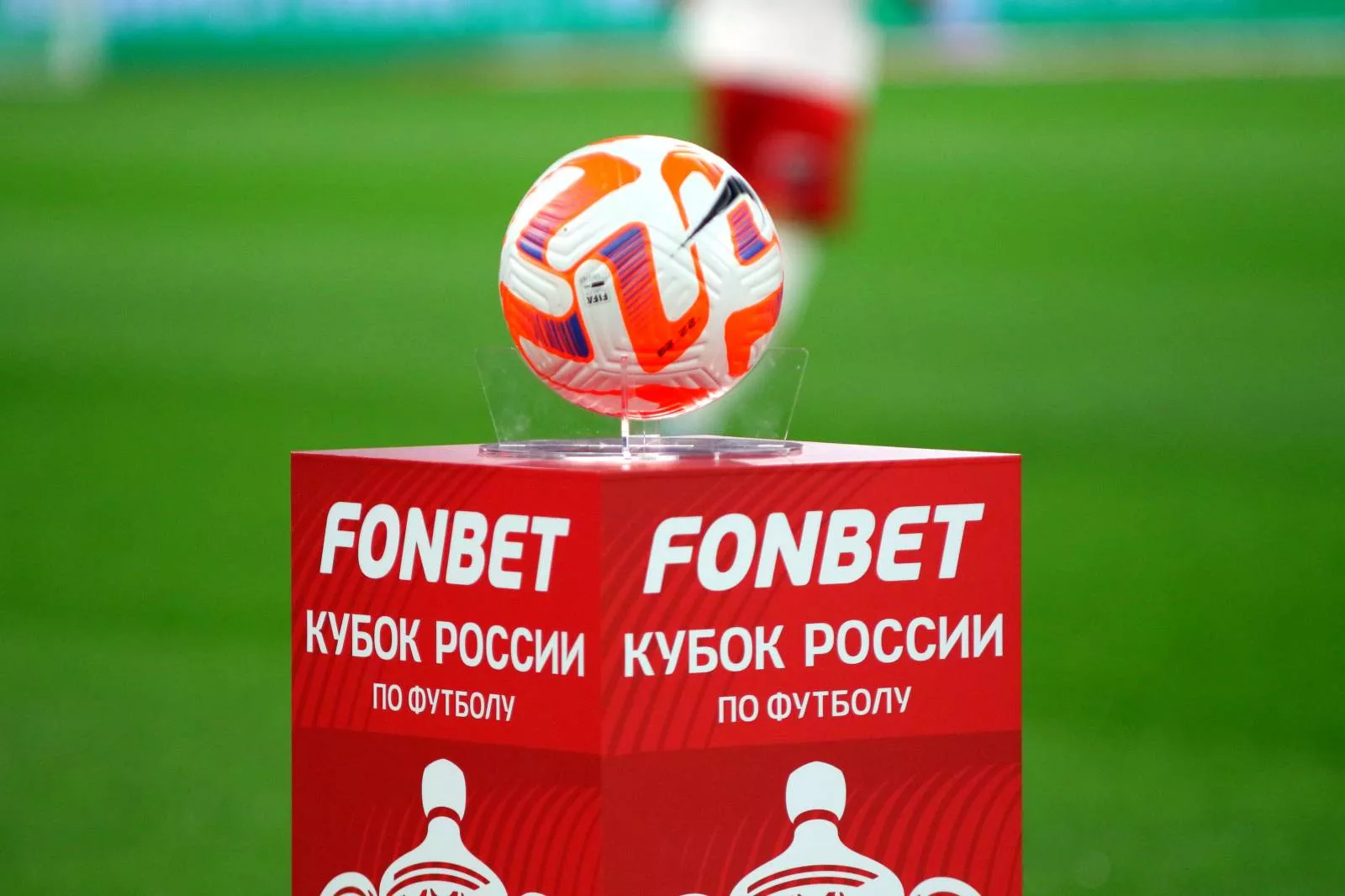
Last season, when "Himik" defeated the Media League champion "BroukBoyz" 1:0, it seemed to many that everything had returned to normal — those with licenses play, not the subscribers. This was reported by Euro-football.ru.
But don’t rush to close the page and write that "everything is fine." There is no longer a "normal world" in football.
Parallel realities exist, and one of them has found its place in the Russian Cup competition at this moment. The Media League is participating in the Cup again.
Is this voluntary? On paper, everything looks nice: three clubs from the Media League — "Amkal," "2DROTS," "BroukBoyz" — are participating in the main national competition.
In reality, everything is nice but on edge. The president of "BroukBoyz," Dmitriy Egorov, said after last season's participation: "The Russian Cup is a strange event for the media league...
We need the Cup more than it needs us... I don’t understand why we are trying to show ourselves.
We, the media league, are important for the Russian Football Federation (RFF) and for football. This is clear."
Is this clear? It depends on the perspective.
Why does the RFF need this? The federation is currently operating based on the rules.
Formally, everything is in accordance with the procedure: the participation of media league clubs is based on the initiative of the main tournament sponsor and sports principles. However, there are strange warnings in the press releases: "The participation of media league clubs is not guaranteed, it depends on internal regulations."
In official language, this can be understood as: "We let you play, but not by our wish." Or "we were forced."
Dmitriy Bulyukin, a former forward of the Russian national team, directly responded to this idea: "It shouldn’t be like this. Mini-football should also be included.
This is the consequence of social networks. The media league is not a part of professional football."
This is a classic genre: the media league and professional football still look at each other like parents at a family evening and a TikTok user. Public interest is high.
But how long will this last? The opponents of the three clubs in the first round are already known: "Amkal" — "Kvant," "2DROTS" — "Torpedo" Vladimir, "BroukBoyz" — "Orel."
The matches will take place in August. However, what matters is not the opponents, but how long the media league clubs will remain in "special" status: until when will they not be equated with professional teams in terms of schedule, budget, and standards?
For now, there are special permits for the media league — wild cards, sponsor desires, views on the internet. But for long-term play, something else is needed: infrastructure, selection, working with fans beyond social networks.
Public interest cannot replace logistics, media exercises do not heal. Is media league football?
Yes and no. In Egorov's words: "Guys, you won’t develop in 'Serebro.'
Neither in football terms nor as a person... You know, a full stadium is from the media league.
When will it be like that again?" This reflection cannot be denied. More spectators gather for "BroukBoyz" or "Amkal" games than for most FNL games.
Cameras, cheers, graphics, live characters, 24/7 content. What will happen now?
The RFF seems to be integrating media league clubs. The media league clubs are showing that they are ready for integration.
But in practice, everything resembles a calculated marriage: one wants spectators, the other wants access to infrastructure. The participation of media league clubs in the Cup is an experiment.
With spectators, formats, nerves, and beliefs. Like any good experiment, it shows who will develop and who will remain just a matter of public interest.
P.S. The last word: when "BroukBoyz" exited the last Cup, Egorov's statement became a diagnosis for the tournament and its best conclusion.
"We lost. We played well, it was an interesting experience.
To be honest, I’m glad to have exited this wonderful event. Of course, I regret the loss, but I do not regret exiting this wonderful event."
Now watch the games not just for the result but also for the main question of the season: who plays real football — professional players without fans or bloggers with a full stadium? The answer is near, closer than you think.
Author: Arman Tigranyants


